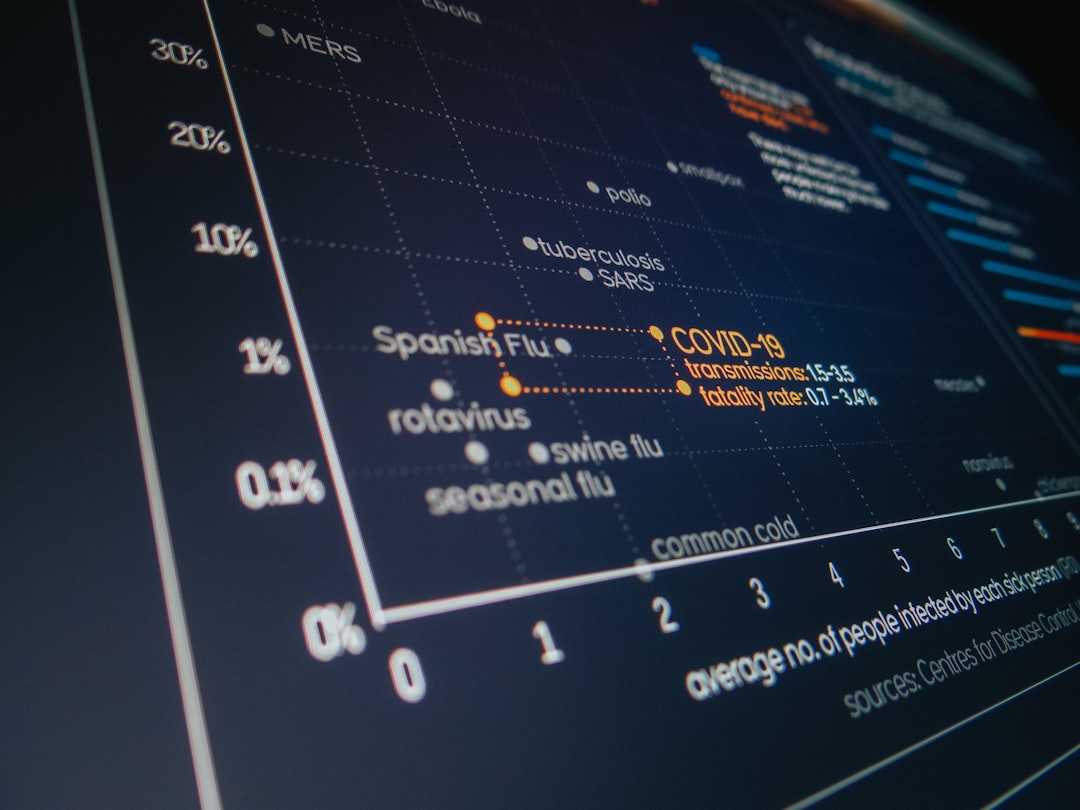In the fast-evolving world of real estate, risk assessment remains a critical factor in decision-making for investors, financial institutions, developers, and insurers. Traditionally, evaluating the many layers of market, economic, and property-specific risks was time-consuming and often subjective. However, the integration of Artificial Intelligence (AI) tools is revolutionizing how these risks are identified, analyzed, and mitigated, bringing a new level of precision and foresight to real estate planning.
Enhanced Data Analysis and Predictive Modeling
One of the key contributions of AI in real estate risk assessment is its ability to process vast amounts of data quickly and accurately. AI algorithms analyze not only structured data—such as historical prices, market trends, and demographic shifts—but also unstructured data like news articles, social media posts, and satellite images to uncover potential risk factors.
These insights enable AI models to forecast future property values, market volatility, and regulatory changes with impressive accuracy. Predictive modeling helps stakeholders identify potential pitfalls before they materialize, reducing costly surprises during investment or development stages.

Automated Property Valuation and Risk Scoring
AI tools are now widely used for *automated property valuation* (APV), which combines machine learning algorithms with current and historical data points to provide real-time property valuation metrics. This dynamic valuation drastically improves the speed and reliability of determining a property’s worth compared to traditional appraisal methods.
Moreover, advanced AI platforms offer *property risk scoring* systems. These scores consider numerous factors, including natural disaster vulnerability, crime statistics, economic trends, and even building condition assessments derived from image recognition technologies. By aggregating this information, AI provides a comprehensive risk profile for each property, enabling faster and more informed decisions.
Environmental and Climate Risk Analysis
As climate change increasingly impacts real estate investments, AI offers powerful tools for environmental risk evaluation. AI systems tap into satellite data, weather patterns, and governmental reports to assess properties for flood risks, wildfire-prone zones, and sustainability compliance issues.
For instance, machine learning models can simulate various climate scenarios to predict how rising sea levels or increased storm activity might affect property values over time. These insights are invaluable for insurers, lenders, and developers looking to avoid high-risk investments and protect their portfolios.

Detection of Market Anomalies and Fraud
Another significant advantage AI brings to real estate risk management is the early detection of anomalies and fraudulent activity. Through the continuous monitoring of transactions and market behavior, AI can flag unusual trends that might indicate manipulation, inflated appraisals, or other financial risks.
For example, AI models trained on financial data can highlight inconsistencies in property documents or uncover patterns indicative of mortgage fraud. This level of scrutiny helps protect both institutional stakeholders and individual investors from entering into risky or unethical deals.
Better Decision Support for Stakeholders
Ultimately, AI acts as an intelligent decision-support system. Rather than replacing human experts, AI empowers them with insights and forecasts based on objective, up-to-date information. Real estate professionals can now assess, compare, and prioritize projects based on a systematic risk profile generated by AI tools.
Financial institutions benefit greatly from this capability when determining the creditworthiness of borrowers or the feasibility of development loans. Similarly, urban planners and public officials can use AI-driven risk maps to guide zoning and infrastructure development with greater precision.
Conclusion
As real estate markets become more complex and data-rich, the adoption of AI for risk assessment is no longer optional—it’s essential. From predicting market shifts to evaluating climate risks and property values, AI enhances the reliability, speed, and depth of traditional risk assessment methods. By embracing these technologies, the real estate industry can navigate the future with resilience and strategic clarity.
FAQs
-
What types of real estate risks can AI help assess?
AI helps evaluate financial, environmental, market, and property-specific risks by analyzing data from various sources to provide holistic risk assessments. -
Are AI-driven property valuations accurate?
While not infallible, AI valuations are continually improving in accuracy due to the integration of real-time data and advanced machine learning models. -
Can AI detect real estate fraud?
Yes, AI can analyze transaction patterns, documentation discrepancies, and market anomalies to help flag potential fraudulent activities efficiently. -
Is AI replacing human real estate professionals?
No, AI serves as an enhancement tool that supports professionals with data-driven insights, enabling them to make better-informed decisions.
I’m Sophia, a front-end developer with a passion for JavaScript frameworks. I enjoy sharing tips and tricks for modern web development.
